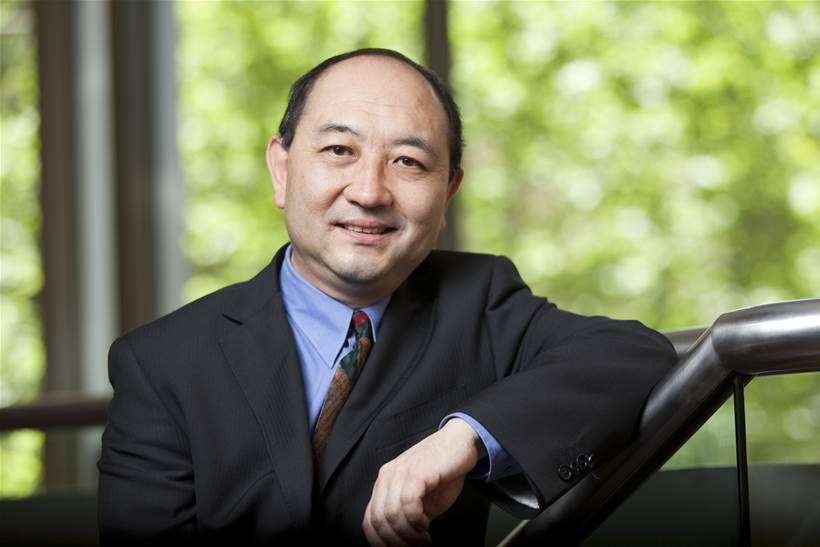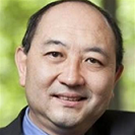Recent data from the Department of Industry, Innovation and Science shows that start-ups and early stage companies generated nearly all the 1.6 million new jobs created in Australia from 2003 to 2014.
Given the relatively small size of the Australian market, one of the best ways to scale a young business and exploit that job growth potential is to pursue a global customer base.
Prime Minister Turnbull pledged last December to help Australian businesses address the global marketplace when he launched the National Innovation & Science Agenda, promising to reward innovation, entrepreneurship and risk.
I saw that promise in action last month when I visited the new Austrade “Landing Pad” in Shanghai with ACS CEO, Andrew Johnson. One of five landing pads being established in international high-tech hot spots around the world, the Shanghai facility offers a 90-day tailored program for Australian start-ups interested in selling to China.
The centre opened in early September and will welcome its first start-ups this month, giving them a three-month landing pad in a modern co-working space while they receive a range of services designed to smooth their entry into this burgeoning, but culturally challenging, market.
This is an opportunity to promote Australian innovation and give these companies an affordable and accessible way to accelerate and experiment with the design and development of their product or service business model as they test their suitability for the Chinese market.
Shanghai’s Landing Pad Manager, Daniel Zhan said the initial group includes entrepreneurs engaged in businesses involving smart devices and social platforms to business-focused solutions who have met selection criteria around vision, scalability, traction, differentiation and market relevance.
“We’ll show them how to navigate the local business culture and register their business in China, provide referrals and introductions to investors, professional services and advisory firms, and offer advice on how to target Chinese customers and access local support networks,” he said.
Our visit to China was arranged primarily to meet with the Chinese Computer Federation (CCF), China’s equivalent of the ACS, to discuss opportunities for collaboration and attend their National Computer Congress 2016. The ACS was welcomed to the CCF Congress 2016 for the first time, joining IEEE-CS (US), ACM (US), IPSJ (Japan) and KIISE (Korea) as participants.
The pervasiveness of technology and recognition of the roles played by ICT professionals have reinforced the need for professional bodies to cooperate on professional standards initiatives. We also seek to assist government, industry and the community to embrace the many technical, techno-social, policy and regulatory disruptions and challenges currently emerging.
The CCF President is leading a delegation to Sydney in November to attend an ACS-hosted Ministerial Forum that will leverage our relationships with international ICT leaders to inform policy development.
This event will also involve ICT association leaders from Britain, Canada, India, Ireland, Japan, Malaysia, the Netherlands, New Zealand, South Africa, Sri Lanka and Switzerland, along with the new President of IFIP, the global ICT body, plus local decision-makers from government and industry.
November’s Ministerial Forum will also include panel sessions on government as an influencer of innovation and economic growth, and global approaches to building cyber resilience, making it a unique opportunity for informed discussion on issues affecting Australia’s future.
The NSW and Victorian Ministers for Innovation will both play active roles in key sessions in the Ministerial Forum and in the ACS Reimagination Thought Leaders Summit the following day.
In this, our 50th Anniversary year, the ACS is forwarding the debate as Australia continues to expand its influence and business interests globally.
This article first appeared in The Australian online on Friday October 25, 2016. You can view it by clicking here.










